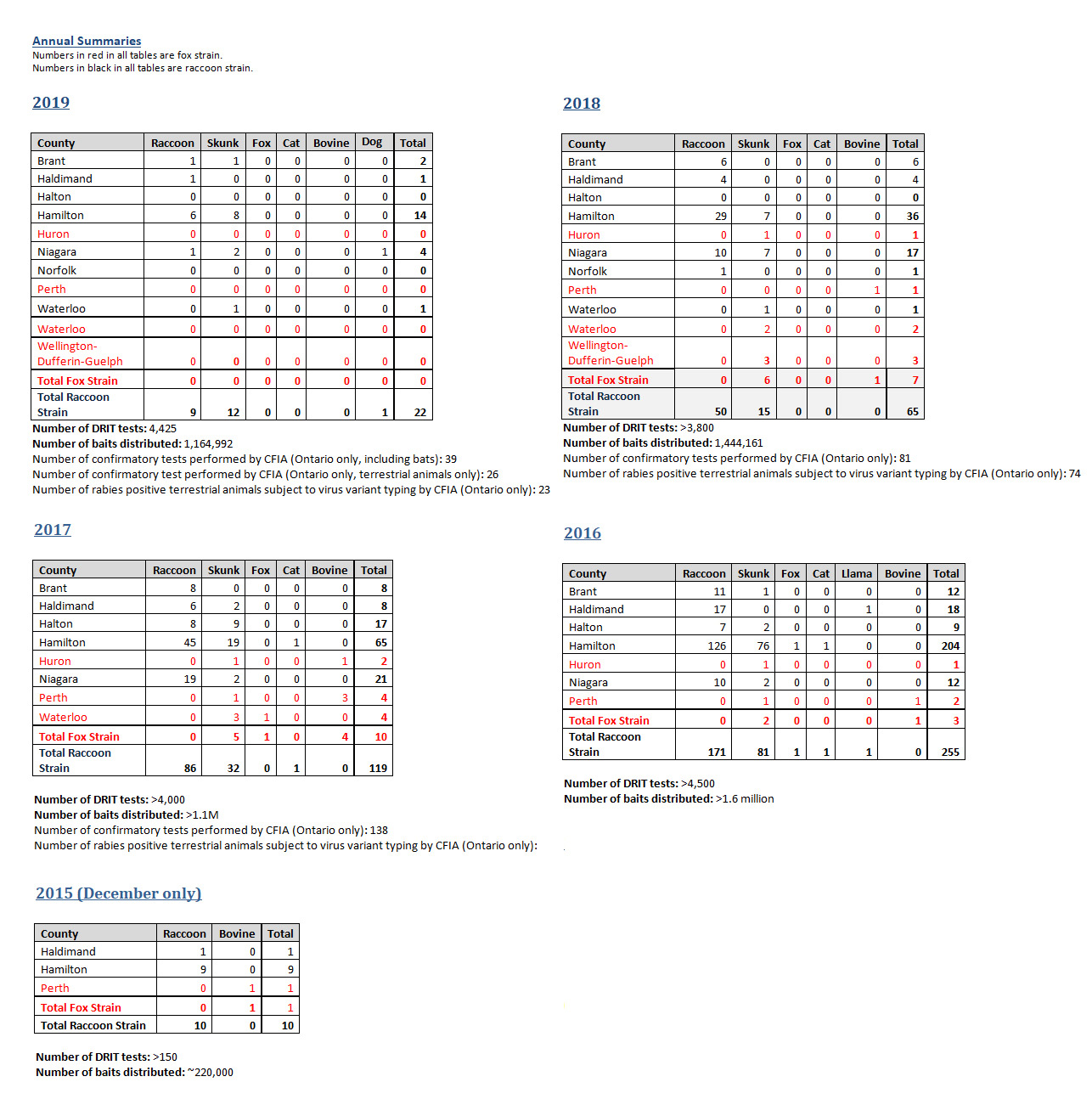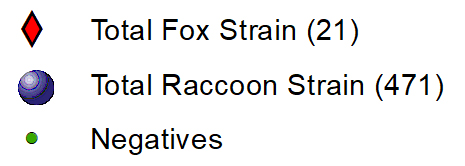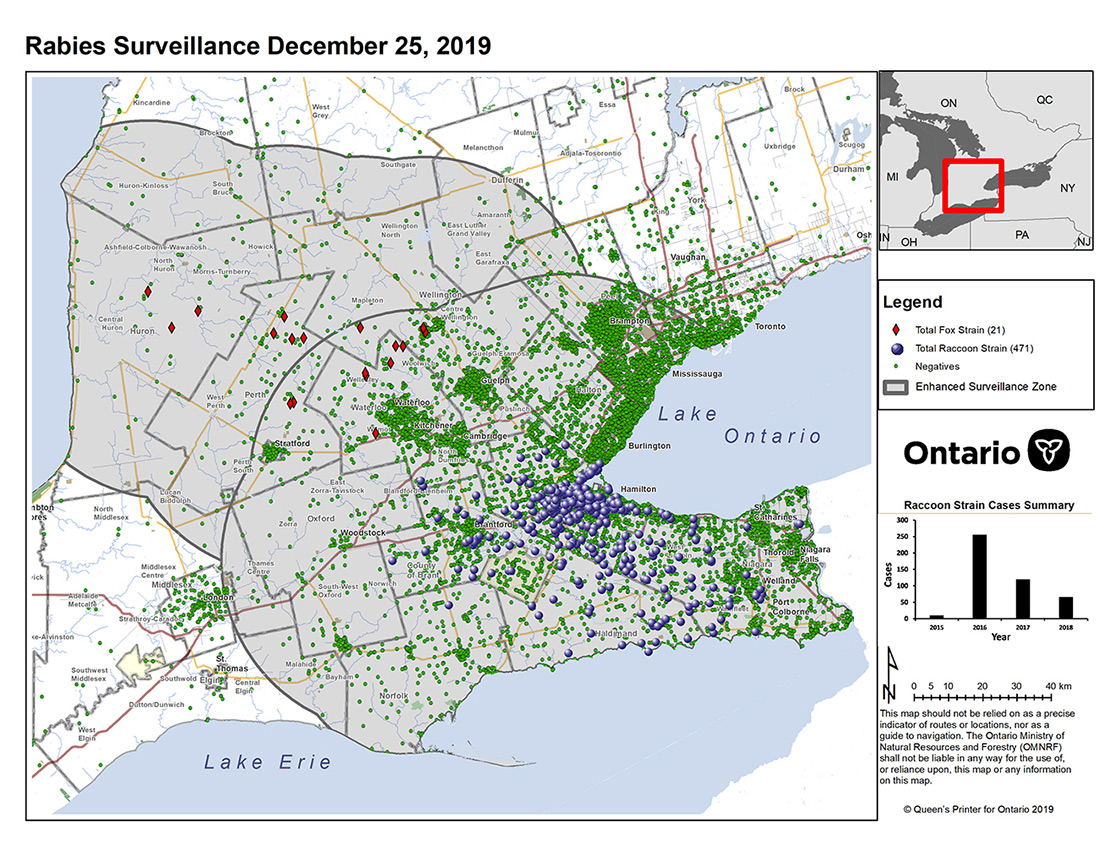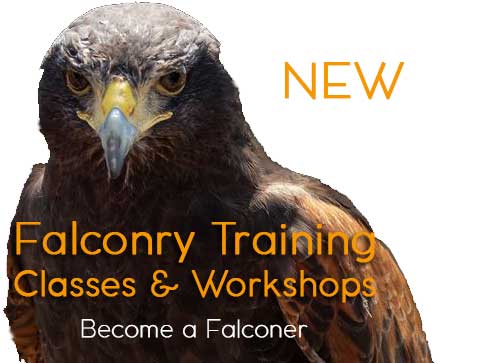raccoon rabies,
-
COVID-19 – Rabies
Raccoons-Foxes-Coyotes-Bats VS. You and Your Pets
COVID-19, otherwise known as Corona Virus, has been running rampant around the globe. Almost every country has declared a state of emergency due to this virus with hundreds of thousands of cases reported and thousands of deaths reported worldwide; the numbers are growing exponentially. Using current and extrapolated numbers, the death rate reported for this virus is estimated (we don’t really know) to be 0.1% up to 3%. This strain of the Corona Virus originated in Wuhan, China and the initial cause of the virus is still unknown to scientists. There are many different forms of the Corona Virus that have been present around the world, but according to NBC News, this form of the virus was initially thought to be caused by horseshoe bats; so far all we know is that these bats carry a virus that closely resembles Covid-19. Scientists and Virologists are working diligently to determine the true cause of this virus in humans and are also working on creating an effective vaccine. For now, the Canadian government is urging everyone to practice social distancing, wash their hands, and stay home unless absolutely necessary.
Although there is currently a global panic about the Covid-19 virus, many people don’t panic or seem to even care that an estimated 59,000 humans die annually from the rabies virus. Rabies is transmitted from wild animals in 91% of reported cases; 30% of which are transmitted from raccoons. If you are a Torontonian, or live in the GTA, chances are you have seen a raccoon more than one time; this is because there are a very large number of raccoons in the city, possibly even more than there are humans. With litters ranging from 2-6 babies, the raccoon population is growing at a much higher rate than ours.
Many people don’t know this, but when humans contract rabies, the death rate is a whopping 99.9%. Luckily, the current presence of rabies in Toronto is quite low. According to Toronto.ca, we are federally, provincially, and locally listed as low risk after the constant decrease in cases due to the implementation of the Raccoon Rabies Control Program that began in 1989. In saying this, it does not mean that there is no risk at all. There are still cases of rabies in Ontario every year.
Rabies is considered a neurological virus because it gains access to your central nervous system through your outlying nerves. The symptoms of rabies start with a headache, fever, fatigue, and pain at the injured site. The incubation period for the onset of neurological symptoms of this virus is dependent on how far away the exposure site is from your brain; the further away it is, the longer it takes for neurological symptoms to set in. Once symptomatic, this viral infection is almost definitely fatal.
If you see a raccoon you suspect is ill, there are many key indicators that can help you identify if this raccoon has rabies or not. Always remember, keep your distance and do not approach a raccoon you suspect is ill. While most non-symptomatic raccoons will not unwarrantedly approach you, a rabid raccoon may attack you on purpose due to their neurological symptoms. Paralysis for rabid raccoons almost always starts in the hind legs, so if you see a raccoon that is having difficulty walking, this is a major sign of rabies. To accompany this symptom, the raccoon will make uncommon and strange noises, seem disoriented, be foaming at the mouth, have a strange discharge coming from its eyes, and over all appear to look sick. These same symptoms apply for all mammalian wildlife that can carry rabies including foxes, coyotes, and bats.
In Ontario it is mandated that all pets get vaccinated for rabies, but humans are not required to get this vaccine. It is only recommended for those of us who work in high risk jobs dealing directly with raccoons or other animals. That being said, there are still people in Ontario that own pets that are not vaccinated and although the rabies vaccine is highly effective, it is not fool proof. Rabies can be transmitted from a bite, scratch, or the saliva of a rabid raccoon (or other animal). Many people leave their pets unattended in the backyard, and most times it is hard to identify if your pet has come in contact with a rabid raccoon until it’s too late. Even if your pet is vaccinated, there is still a chance they can get rabies and or transmit the virus to you via their saliva by licking you, sneezing, or from their drool. Other forms of transmission include bites or scratches. Always keep a close eye on your pets when they are outdoors so that you can take action immediately if an incident were to occur.
If you or your pet have been bitten, scratched, or come in contact with a wild animal it is imperative you go to the doctor or vet immediately. There are post-exposure prophylaxis measures that can save your life even if you have not been previously immunized. For humans, this procedure consists of 5 different visits to the doctor. During the first visit they will administer one dose of the rabies vaccine, but also multiple vials of the rabies immune globulin (IM) directly into the contact site. Each additional visit consists of one does of the rabies IM. Also, depending on your immune response, you may be given an antibody serology anywhere from 7 to 14 days after this series of injections. If you have previously been immunized for rabies, the process only consists of two different shots on day 0 and day 3 after exposure. Now although these measures are designed to help those who have been exposed to rabies, they are not guaranteed. In fact, no doctors’ office carries these vaccines and IM’s on hand. After performing a physical analysis of the injured site, the doctors’ office is then required to send off these finding to your regional health department who will determine the risks of you contracting rabies and will only send out the vaccines and IM’s if you are in a higher risk category. We must also stress that treatment depends on the person and the exposure risk. Make sure that if you work in close proximity with raccoons that you are immunized for rabies; this could save your life.
If you are having raccoon problems in your house or on your property, please heed this warning; raccoons are unsafe animals. Anyone who is not a trained professional should not attempt to scare off or come in close proximity with a raccoon or any wild animal. Raccoons are disease ridden animals that can cause you serious physical harm and dire health issues. If you need help with a raccoon or have spotted a raccoon or other wildlife that you suspect may have rabies, call us at 416 HAWKEYE (416-429-5393). We have trained professionals that can deal with your problem effectively and permanently. We hope that everyone stays safe during this time of global pandemic with Covid-19, but also always remember to stay far away from wild animals and raccoons. As cute as they might be, please do not approach, attempt to feed, or try to pet a raccoon; these are wild animals and will respond as such.
-
January 2019 Rabies Update
For the week of January 9th there were 2 new cases of raccoon strain rabies in a raccoon in Brant and a skunk in Waterloo.
This brings the total cases of raccoon strain to 451, the total of fox strain rabies to 21 cases in Ontario to 451 since December 2015.
We would like to remind you again to not handle raccoons, skunks, or foxes yourself - please contact a professional animal control specialist!
-
MNR Rabies Update May 2017
The most recent update from the Ministry of Natural Resources includes 5 new cases in Ontario which puts the total number of confirmed raccoon strain rabies cases at 516, and 8 fox strain cases to date.
The most recent cases affected 2 raccoons and 1 skunk from Hamilton, 1 raccoon from Haldimand, and 1 skunk from Halton.
-
Rabies Update December 2019
There have been 471cases of raccoon strain, and 21 cases of fox strain rabies in Ontario to date.
At the end of the 2019 calendar year for MNRF’s rabies program there were were 22 raccoon strain and 0 fox strain rabies cases detected in southern Ontario, a ~70% decrease in rabies cases from 2018. In 2019, we tested 4,425 samples for rabies, a ~15% increase in sampling effort from the previous year. Rabies surveillance of this scale would not be possible without the support and assistance of animal control specialists like Hawkeye.
The maps will be submitted for posting on the Ontario.ca website after 1 business day unless one of the affected health units advises us to postpone release pending specific health unit website updates or media releases.
MNRF’s rabies lab will resume testing in early January 2020.
2019 Number of DRIT tests: 4,4252019 Number of baits distributed: 1,164,992
Number of confirmatory tests performed by CFIA (Ontario only, including bats): 39
Number of confirmatory test performed by CFIA (Ontario only, terrestrial animals only): 26
Number of rabies positive terrestrial animals subject to virus variant typing by CFIA (Ontario only): 23



-
RABIES Update for March 29 2017
Rabies continues to spread through Ontario, mainly the Raccoon strain. Here is an update on the situation on rabies in Ontario from the Ontario Ministry of Natural Resources and Forestry (MNRF) as of March 29, 2017.
OMNRF are reporting 1 new case of raccoon strain rabies from the previous week, occurring in a raccoon from Haldimand. As of March 29, 2017, there have been a total of 295 cases of raccoon strain and 8 cases of fox strain rabies in Ontario. Hamilton has been the hardest his area with a total of 232 cases of Racccoon Rabies.
-
Raccoon Control & Removal Oakville

Calls for Raccoon Control and Removal are among the most frequent request in Oakville. Like so many other communities along the shores of Lake Ontario, Oakville provides plenty of space and habitat for raccoons to flourish. While the masked bandits are often thought of as just a bit of a nuisance, they actually cause a great deal of damage to properties and structures, as well as pose health risks to humans and pets alike.
Residential Raccoon Damage
- Roofs: Raccoons gaining access to attics through roof vents - leaving behind damaged shingles, vents,
- Refuse and compost: Raccoons are boisterous animals, making a great deal of noise when carrying out their searches for food and shelter such as when they raid garbage and compost containers in search of food. They often leave behind a considerable mess, which can attract more animals;
- Food left outdoors: Eating food for domestic animals such as pet food and livestock feed plus feed for wildlife such as birdseed;
- In gardens: Especially in gardens containing fruit, tomatoes, melons, berries or sweetcorn, plants are eaten, dug up, or otherwise damaged and tracks and excrement are left behind;
- Raccoons are attracted to lawns and gardens, especially after a rainfall when grubs and larvae are near the surface. They dig small round holes and will repeatedly turn over large swathes of freshly laid sod to un-earth worms, grubs and larvae. This particular type of behaviour is common when other sources of food are less abundant. They may return repeatedly and because of the dexterity of its front paws, the extent of the damage caused by the raccoon is generally greater than skunks.
Raccoon Damage on Farms
- Corn crops: many cobs partially nibbled, with the husks pulled back and the leaves folded downwards. Stalks may be broken as the animal tries to climb to get at the ears;
- Raccoons are alo quite fond of fruit, able to demolish a whole berry patch in no time at all;
- Hen houses and farmyards: The extreme dexterity of their front paws allows raccoons to kill or injure poultry even when the birds are kept inside enclosures or cages, as they try to reach and destroy them through the wire mesh. Poultry are often found with their heads torn off and left a short distance from the body. The neck and breast may be torn open and chewed and the entrails consumed. ; Legs or feet of the young birds may be missing. Pieces of flesh may be found near water. The eggs are often broken lengthwise and the materials used to make the nest are disturbed. Eggs may be removed completely from nests or eaten on the spot with only the heavily cracked shell remaining. Raccoons can also destroy bird nests in artificial nesting structures such as bluebird and wood duck nest boxes.
For Oakville raccoon control and/or raccoon removal contact Hawkeye at 416.429.5393 today!
Why you should call Hawkeye for Raccoon Control and Removal
We GUARANTEE results. We offer PERMANENT solutions above and beyond what other companies can offer.
Hawkeye is the ONLY pest bird and animal/wildlife control company in Canada designated "Certified Wildlife Control Professional" AND holding the following licenses:
Trapping of Fur Bearing Animals Permit: In contrast to all other companies, we can euthanize the bird or fur bearing animal, thus guaranteeing it will not return.
Falconry Permit: We use Birds of Prey (hawks, owls, falcons, eagles) to scare, chase, or remove in a natural and humane way.
Pest Control License: We can employ chemical solutions to certain problems. These methods include natural pesticides.















